# online
12 posts in `online` tag

Facing ITR Penalties? Here's What Section 234F & 234A Mean for You
This blog post demystifies the consequences of late Income Tax Return (ITR) filing in India, specifically detailing the penalties under Section 234F (late filing fee) and the interest charged under Section 234A (for delayed tax payment). It explains the calculation methods, applicable scenarios, and additional disadvantages of missing the ITR deadline, urging taxpayers to prioritize timely filing to avoid financial burdens and ensure compliance.
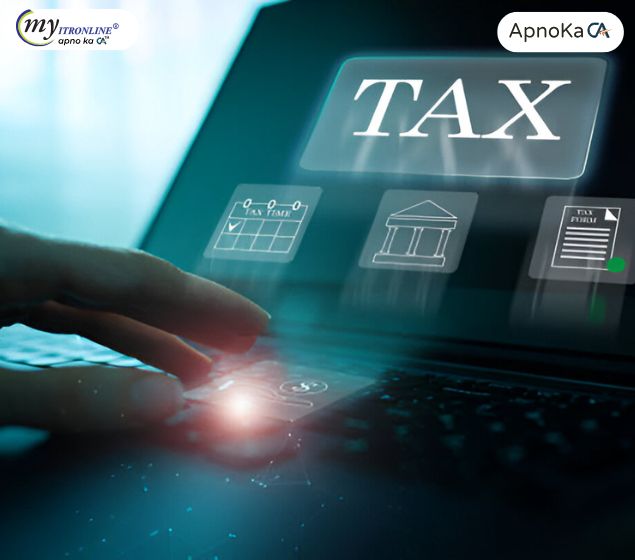
ITR-B Online: New Ease for Section 158BC Notices
This blog post details a significant update for taxpayers who have received a notice under Section 158BC of the Income-tax Act, 1961. It explains that Form ITR-B, a special return for undisclosed income found during past search and seizure operations, can now be submitted conveniently through the Income Tax portal's e-Proceeding tab. The article clarifies what a Section 158BC notice entails, highlights the benefits of online submission (convenience, efficiency, transparency), provides step-by-step guidance, and emphasizes the crucial role of professional advice for these complex assessments.
.jpg)
Understanding Interest Under Sections 234A, 234B, and 234C of the Income Tax Act
Sections 234A, 234B, and 234C of the Income Tax Act deal with interest charged for late filing of returns, underpayment, or deferment of advance tax. This blog explains each section in detail with examples and calculations, helping taxpayers stay compliant and avoid extra charge
.jpg)
Income Tax Notice under Section 143(2): Meaning, Scrutiny Process, Deadlines & Response Guide
Have you received a notice under Section 143(2)? Don’t panic. This blog explains what it means, why it’s issued, the deadlines to track, and how to respond effectively ensuring you're well-prepared for any scrutiny with confidence.

Form 10B Guide for Trusts (AY 2025-26)
This comprehensive guide explains Form 10B, an essential audit report for charitable/religious trusts, educational institutions, and hospitals under the Income Tax Act (2025). It details who needs to file it (especially those with over ₹5 crore income, foreign contributions, or income applied outside India), its key contents, the step-by-step online filing process, and the crucial September 30, 2025 due date for AY 2025-26. The synopsis also highlights the severe consequences of non-compliance, emphasizing the report's vital role in maintaining tax-exempt status and ensuring financial transparency.
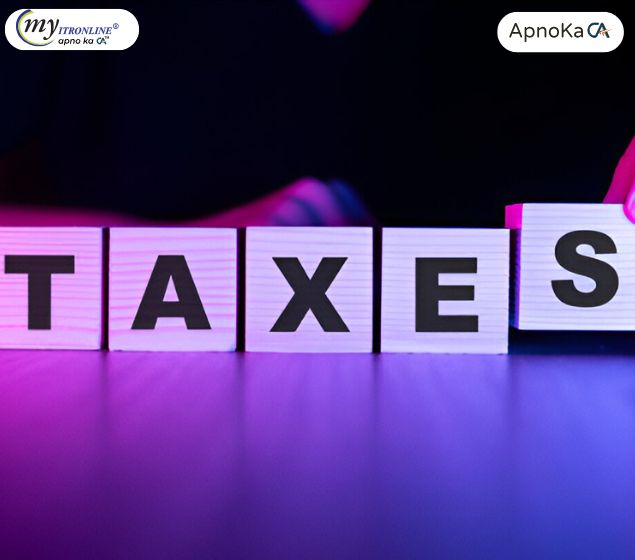
ITR Scrutiny Notice u/s 143(2) for AY 2024-25: Don't Panic! Your Step-by-Step Guide to Responding
The Income Tax Department has begun dispatching scrutiny notices under Section 143(2) for AY 2024-25. This blog provides a detailed guide on understanding these notices, common reasons for their issuance, a step-by-step response strategy, and essential tips to prevent future scrutiny, ensuring taxpayers can navigate the process effectively.

Your ITR Filing Checklist for AY 2025-26: Essential Documents You Can't Miss!
This blog post provides a crucial checklist of essential documents required for filing Income Tax Returns for Assessment Year 2025-26 (Financial Year 2024-25). It details the importance and usage of key documents such as Form 16, Form 16A/B/C, Form 26AS, AIS/TIS, Capital Gains statements, and proofs for tax-saving investments/expenses (for the Old Tax Regime). The post emphasizes the benefit of early preparation for a smooth and error-free filing experience and includes a pro-tip for cross-verification. It concludes by offering MyITRonline's expert assistance for accurate and hassle-free tax filingYour ITR Filing Checklist for AY 2025-26: Essential Documents You Can't Miss!
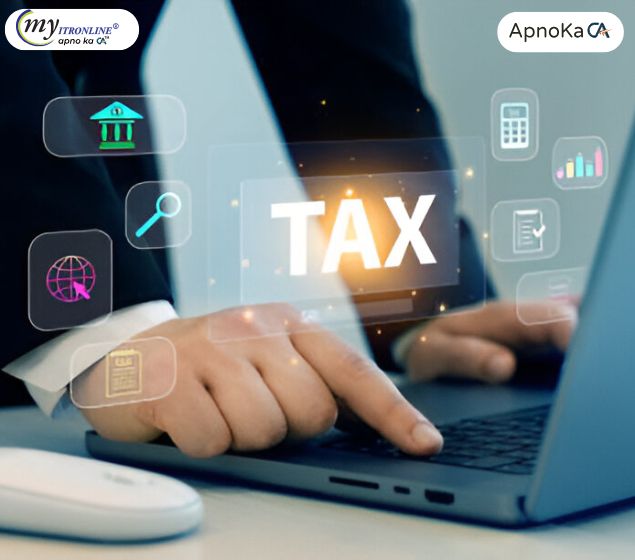
Updated Tax Returns (ITRU): Made a Mistake? Now You Have 4 Years!
This blog post explains the Updated Tax Return (ITRU), a crucial provision under Section 139(8A) of the Income Tax Act that allows taxpayers to correct errors or declare omitted income in previously filed ITRs. It highlights the significant extension of the filing deadline from two to four years from the end of the relevant assessment year, providing more flexibility. The article details the penalties and interest associated with filing an ITRU, outlines who is eligible to file (those declaring additional income) and who isn't (those seeking refunds or reduced liability), and provides a step-by-step guide on the filing process. The aim is to empower taxpayers to proactively ensure compliance and avoid harsher penalties, with a strong call to action for expert assistance from MyITRonline.
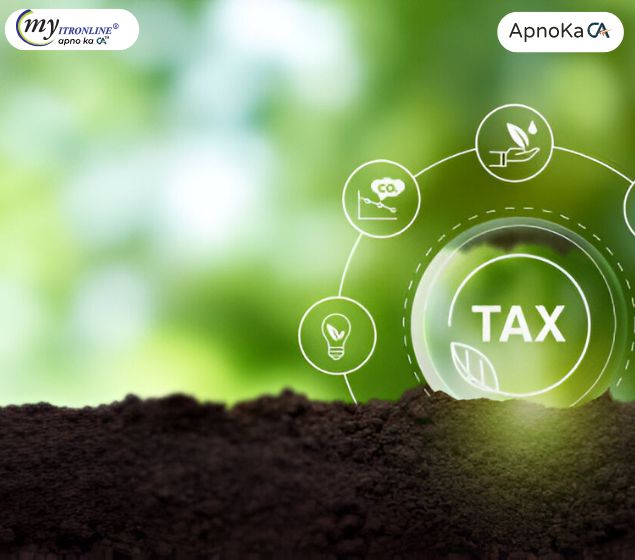
What is TDS and How Does it Affect Your Income Tax? Your Complete Guide
TDS: Explained! From your salary slip to bank statements, understand what Tax Deducted at Source really means for your income tax in India. Learn its purpose, common types, and how to track your credits via Form 26AS. Ready to decode TDS and ensure accurate ITR filing? Myitronline is here to help you every step of the way.

Unlocking HRA Exemption: Yes, You Can Claim HRA While Staying With Your Parents in India!
Did you know you can claim HRA exemption even when you live with your parents? It's a common misconception that costs many taxpayers valuable savings. Our detailed blog post breaks down exactly how to do it legally: from ensuring genuine rent payments and formal agreements to understanding your parents' tax implications. Learn the crucial conditions and required documents to unlock this significant tax benefit. Simplify your HRA claim with expert guidance from myitronline.
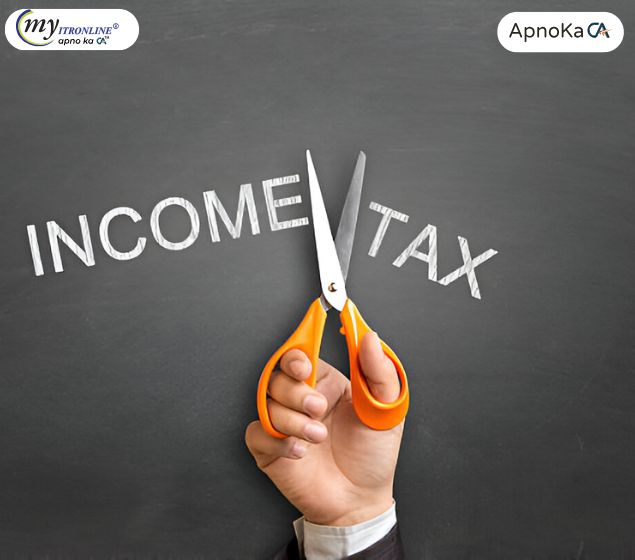
Feeling Confused About Form 10-IEA? Here's Why This One Form Can Make or Break Your Old Tax Regime Choice (AY 2025-26)
Navigating tax regimes can be tricky, especially with Form 10-IEA for the Old Tax Regime. If you're a business owner or professional, this form is crucial for your AY 2025-26 ITR, impacting your deductions and long-term tax strategy. Learn about the mandatory steps, critical deadlines, and the 'one-time' decision rule that could affect your future tax savings. Our blog demystifies this complex issue, helping you avoid common pitfalls and ensuring accurate filing. Get expert guidance from myitronline!

Your PAN Application Just Got a Smart Upgrade: Hello Aadhaar OTP!
The Income Tax Department has made Aadhaar-based OTP verification mandatory for PAN registration on its e-filing portal. This crucial update aims to enhance security, prevent fraud, and streamline identity verification. The blog explains what this change means for applicants, the reasons behind the shift (like improved verification and faster PAN-Aadhaar integration), and the steps individuals need to take, emphasizing the importance of having an active mobile number linked to Aadhaar for a smooth application process.
